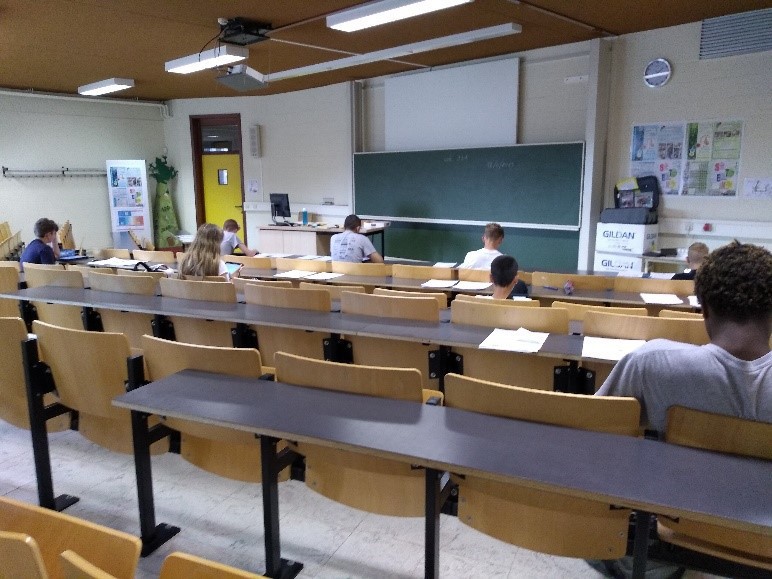The Global Early Adolescent Study - A worldwide investigation into how gender norms evolve and inform a spectrum of health outcomes in adolescence

The ages 10-14 years are among the most critical for human development, yet one of the most poorly understood stages. While the biological processes that adolescents go through are universal, the social contexts within which they occur vary considerably. During the transition from child to adult, young people are expected to assume socially defined gender roles that determine their sexual and reproductive health future. The Global Early Adolescent Study (GEAS) aims at understanding the factors in early adolescence that predispose young people to subsequent sexual health risks and that conversely contribute to healthy sexuality so as to provide the information needed to improve sexual and reproductive health outcomes. GEAS is led by Johns Hopkins Bloomberg School of Public Health (Baltimore, USA) and the Department of Reproductive Health and Research of the World Health Organisation. The first qualitative phase of the project took place in fifteen cities around the world. The quantitative longitudinal study is implemented in ten cities worldwide. A cross-country comparison offers a unique perspective on the commonalities and differences of the role of parents, peers as well as media in shaping young people’s sexuality and the role of gender norms in that development across diverse cultural settings.
In the school year 2018-2019, researchers from ICRH implemented a survey among 1,008 young adolescents from the first grade of 23 Flemish secondary schools that have a high percentage of adolescents living in vulnerable contexts.
This was done as part of the Global Early Adolescent Study, an international study coordinated by John Hopkins Bloomberg School of Public Health and the World Health Organization, which explores how young people's attitudes toward gender equality are linked to their health.
The research report and infographic are available on this page.
Infographic GEAS & Covid study: click here
Funding agencies
Flemish Ministry of Innovation, Public Investment, Media and Poverty Reduction; Research Foundation – Flanders; Senescyt (Ecuador); National Research Fund of South Africa
Team
Mevr. Sara De Meyer Mevr. Kristien Michielsen
Coordinator
Johns Hopkins Bloomberg School of Public Health - USA
Partners
Belgium: Ghent University, International Centre for Reproductive Health (ICRH); Bolivia: Instituto para el Desarrollo Humano; Brazil: University of Sao Paulo; Burkina Faso: University of Ouagadougou; Chile: University of Santiago; China: SIPPR; Democratic Republic of the Congo: University of Kinshasa School of Public Health; Ecuador: University of Cuenca; Egypt: Assiut University; India: Population Council; Indonesia: Rutgers; Kenya: APHRC; Malawi: University of Malawi; Nigeria: Obafemi Awolowo University; Scotland: University of St. Andrews, Child and Adolescent Health Research Unit; South Africa: University of the Western Cape; USA: Johns Hopkins Bloomberg School of Public Health – International coordinator and the Institute of Women and Ethnic Studies; Vietnam: Vietnam Academy of Social Sciences
Period
July 01, 2014 - November 30, 2021
Project status
Project closed
Countries
Belgium
Bolivia (Plurinational State of)
Brazil
Burkina Faso
Chile
China
Congo (DR - Democratic Republic)
Ecuador
Egypt
India
Indonesia
Kenya
Malawi
Nigeria
South Africa
United Kingdom of Great Britain and Northern Ireland
United States of America
Vietnam
Themes
Adolescent and youth health
Gender
Sexual health and wellbeing


